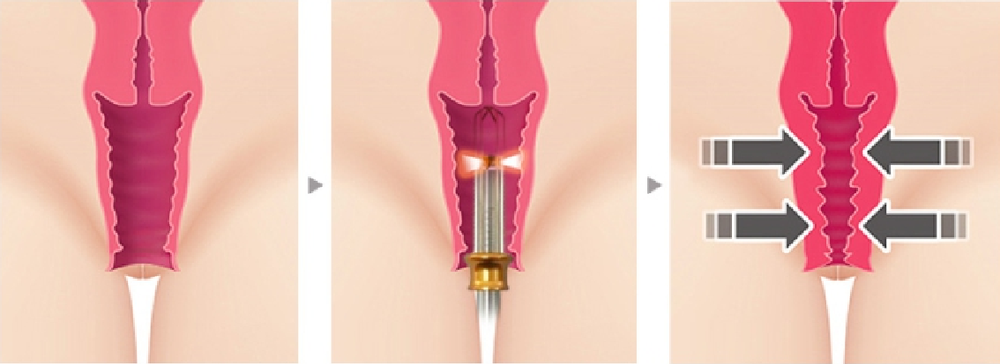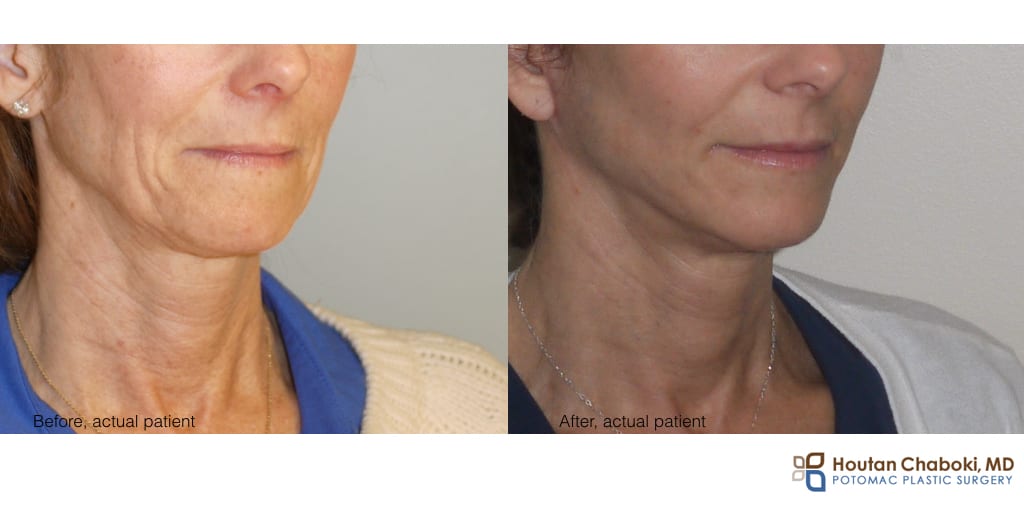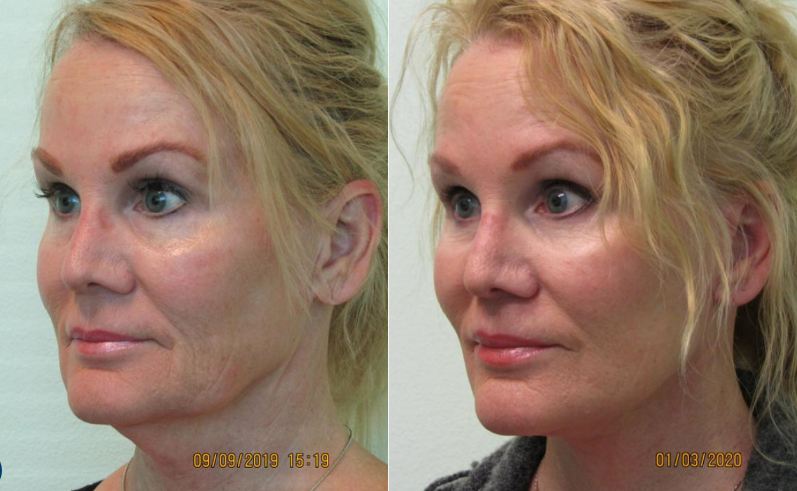
There have been millions of FDA reports on problems with medical devices. It allows manufacturers to report problems with their products to the agency. The agency makes these reports publically accessible through its MAUDE database. Implant safety can be affected by many factors. For example, a textured area can prevent rotation. Implant complications are more likely for women who smoke. Consider breast implants if you have autoimmune conditions.
Textured surfaces prevent rotation
Although it is possible to rotate breast implants with teardrop shapes, textured surfaces are likely to prevent you from doing so. Because textured surfaces have a Velcro-like effect, they will prevent rotation of the implant. Likewise, round implants will not rotate as much, so they will be more secure in the breast pocket. Even though rotation of teardrop shaped implants poses a very small risk, it is still an aesthetic concern.

Avoiding autoimmune disorders
FDA has not yet concluded if silicone implants in breasts can be linked to autoimmune conditions. Breast implants may have led to arthritis-like symptoms in some doctors. While the FDA has been unable to determine a clear link between breast implants and autoimmune disorders, there is a growing body of evidence suggesting the possibility. A recent study done by the World Health Organization has shown a link among breast implants and rare forms of cancer.
Surgery is irreversible
Breast implant surgery cannot be reversed, unlike cosmetic procedures like tummy tuck or rhinoplasty. After your implants are installed, your breast shape is permanent. Implanted breast tissue can become dimpled or wrinkled. The procedure may also cause you to experience a significant amount of pain. However, you can minimize these risks by selecting a plastic surgeon who is trained in breast implant surgery.
Patient device cards
In light of the FDA's latest guidelines on patient devices cards for breast implants, it is more important than ever that patients are provided with information about the product. According to the FDA's latest guidelines, patient device cards should include information about the type and serial number of each implant as well as any warnings. To provide more information, patients should be directed to the device's label or decision checklist via web links.

Screening to detect rupture
The Food and Drug Administration's (FDA) recommends periodic imaging for breast implants 2 to 3 years after surgery. Ultrasound can distinguish between ruptured and normal implants. Ultrasound will show normal implants as homogeneous and well-defined. The appearance of a ruptured implant can be described as a snowstorm. For any of these symptoms, it is a good idea to schedule an MRI. The MRI will determine the extent. This type imaging is not covered under your insurance.